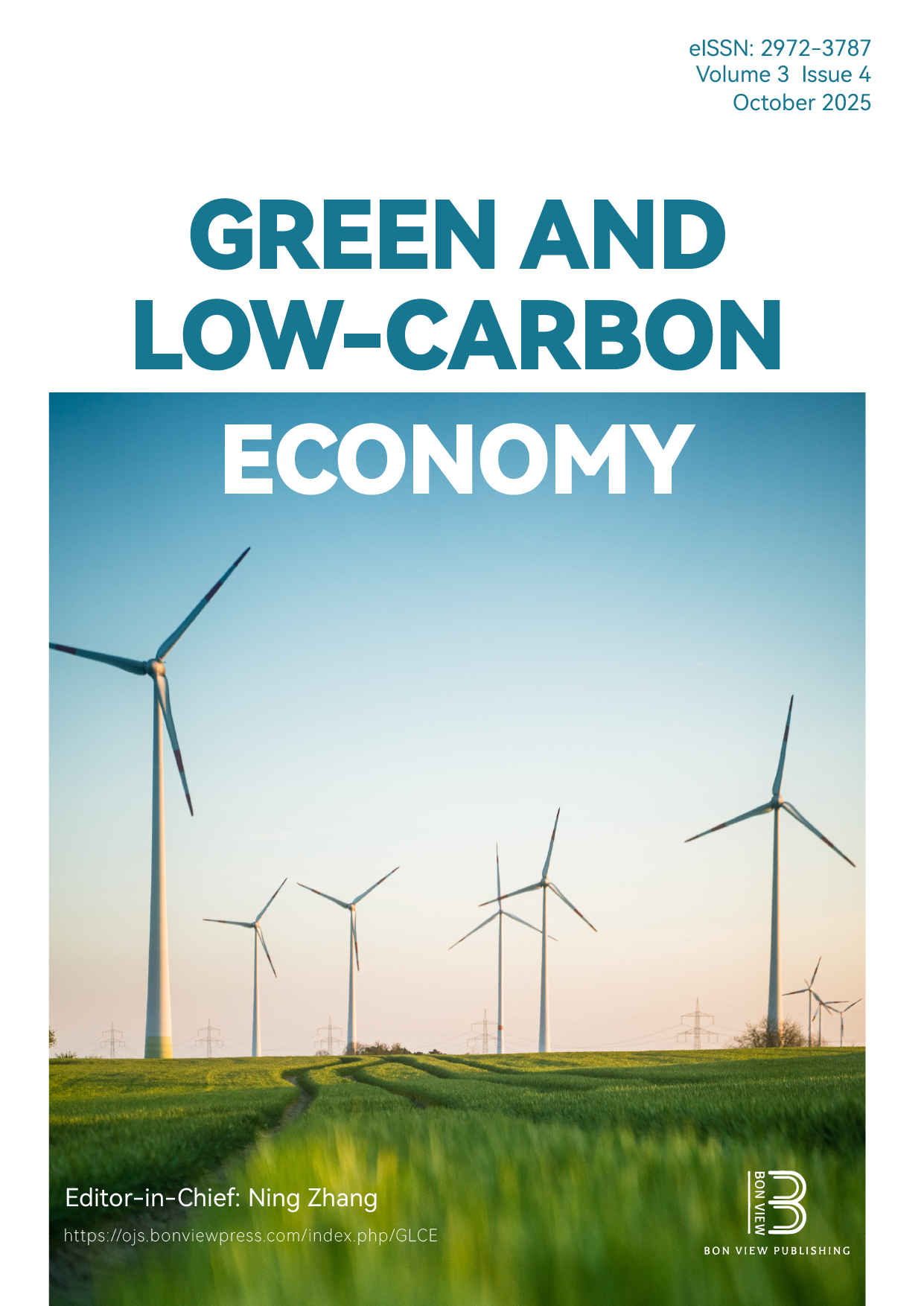Environmental Regulation and Urban Land Green Use Efficiency: China as Case Study
DOI:
https://doi.org/10.47852/bonviewGLCE32021510Keywords:
environmental regulation, ULGUE, inverted U-shape, threshold effect, heterogeneityAbstract
China's economy has shifted from high-speed growth to high-quality development, and the constraints of high consumption, high pollution, and low efficiency in urban land use on sustainable urban economic development have gradually emerged. In the process of urban land resources development, it is urgent to get rid of the traditional "sloppy" utilization method and shift to the green utilization of urban land with low consumption, low pollution, and high efficiency, which can adapt to the requirements of economic and social development in the new era. Based on this, this paper investigates the effect of environmental regulations (ERs) on urban land green use efficiency (ULGUE) by using slack-based model, two-way stationary panel regression and threshold regression model. The results show that: (1) the connection between ER and ULGUE is strongly U-shaped. (2) Within the bounds of land use structure optimization effect, technology innovation effect, industrial structure optimization, and upgrading effect, ER significantly impacts ULGUE. Still, its threshold impact coefficient has a gradient-decreasing characteristic. (3) In the heterogeneity analysis, the effect of ER on ULGUE is more evident in eastern cities, low-pollution cities, Type II, and large cities of Type I scale. Hence, in order to maximize the effectiveness of land use, it is essential to understand the environmental restrictions that cover a realistic spectrum, play the interactive and synergistic role of "combination box", and adjust the intensity of dominant ERs dynamically and flexibly according to the time and place.
Received: 8 August 2023 | Revised: 16 October 2023 | Accepted: 12 November 2023
Conflicts of Interest
The authors declare that they have no conflicts of interest to this work.
Data Availability Statement
Data are available on request from the corresponding author upon reasonable request.
Author Contribution Statement
Deheng Xiao: Conceptualization, Software, Validation, Resources, Writing – original draft, Writing – review & editing, Project administration, Funding acquisition. Jianlong Wang: Conceptualization, Software, Formal analysis, Investigation, Resources, Data curation, Writing – original draft, Writing – review & editing, Visualization, Supervision, Project administration. Weilong Wang: Methodology, Software, Investigation, Resources, Data curation, Visualization, Supervision, Project administration.
Downloads
Published
Issue
Section
License
Copyright (c) 2023 Authors

This work is licensed under a Creative Commons Attribution 4.0 International License.


